Carpenter Ants in House | Effective Control Tips
If you've noticed large black ants in your house, you may have a carpenter ant infestation. These pests can cause significant damage to wooden structures if left unchecked. But don't worry, with the right control measures, you can effectively get rid of carpenter ants and protect your home.
Identifying carpenter ants is the first step in tackling an infestation. These ants have certain characteristics such as a single node on their waist, a curved back, a heart-shaped head, and elbowed antennae. Signs of a carpenter ant infestation include finding piles of wood shavings or sawdust near baseboards or windowsills, and hearing rustling sounds within woodwork.
To prevent carpenter ant infestations, it's important to seal cracks and crevices, trim tree branches away from your home, and remove potential nesting spaces. Keeping your home clean and free of food sources, fixing water leaks, and improving ventilation in damp areas can also help deter these pests.
Killing carpenter ant nests can be done through baiting or spraying pesticides. Baiting involves using toxic bait to attract the ants, who then bring it back to the colony and spread it. Spraying non-repellent pesticides around the perimeter of your home and on suspected ant colonies can also be effective.
When choosing baits and sprays, opt for a combination of protein-based and sugar-based baits to attract different ants within the colony. Advion Ant Bait Gel and Advance Carpenter Ant Bait are both effective options. Non-repellent sprays like Termidor SC and Phantom are recommended for spraying on the exterior of your home and on suspected ant colonies.
Applying baits and sprays properly is key to achieving control. Place baits around the perimeter of your home and near potential nesting sites. Spray non-repellent pesticides around the exterior of your home and on suspected ant colonies. In severe infestations, both baiting and spraying should be done both inside and outside the house.
In addition to the above methods, freezing ants to facilitate identification, using carpenter ant treatments like boric acid dust or diatomaceous earth, and hiring professional exterminators can also help with carpenter ant control.
Prevention and early intervention are vital in minimizing damage to your home. Regular inspections and prompt action upon identifying signs of an infestation are crucial. By following these effective control tips, you can protect your home from carpenter ants and avoid costly repairs in the long run.
Key Takeaways:
- Carpenter ants can cause significant damage to wooden structures in your home.
- Identify carpenter ants by their distinct characteristics and signs of infestation.
- Prevent carpenter ant infestations by sealing cracks, removing potential nesting spaces, and keeping your home clean.
- Kill carpenter ant nests through baiting and spraying non-repellent pesticides.
- Choose the right baits and sprays, such as Advion Ant Bait Gel and Termidor SC.
Identifying Carpenter Ants
Carpenter ants are a type of ant that can cause significant damage to wooden structures in your home. It is important to correctly identify these ants to distinguish them from termites and take appropriate control measures. Carpenter ants can vary in size and color, but they all share certain characteristics:
- A single node on their waist
- A curved back
- A heart-shaped head
- Elbowed antennae
By observing these characteristics, you can easily identify carpenter ants when you come across them.
Aside from their physical characteristics, there are also signs that indicate a carpenter ant infestation in your home:
- Seeing large black ants in your home
- Finding piles of wood shavings or sawdust near baseboards or windowsills
- Hearing rustling sounds within woodwork
It is important to pay attention to these signs as they can help you identify if you have a carpenter ant infestation. If you observe any of these signs, it is advisable to take prompt action to prevent further damage.

"Carpenter ants can vary in size and color, but they all share certain characteristics such as a single node on their waist, a curved back, a heart-shaped head, and elbowed antennae."
Preventing Carpenter Ant Infestations
Preventing carpenter ant infestations is essential to safeguarding your home from potential damage. By taking proactive measures to deter these pests, you can protect your property and ensure peace of mind. Follow these carpenter ant prevention tips to significantly reduce the risk of infestation:
- Keep your home clean and free of food sources: Carpenter ants are attracted to food debris and crumbs. Seal food containers tightly, promptly clean up spills, and regularly empty trash cans to eliminate potential food sources.
- Fix water leaks: Moisture attracts carpenter ants, making your home an ideal breeding ground. Inspect and repair any leaking pipes, faucets, or roof areas to minimize excess moisture and dampness.
- Improve ventilation in damp areas: Proper airflow and ventilation are crucial in areas prone to moisture buildup, such as bathrooms and basements. Use exhaust fans, dehumidifiers, or open windows to reduce humidity levels and discourage carpenter ant infestations.
- Trim tree branches away from your home: Carpenter ants often use tree branches as highways to access your house. Trim back branches that touch or overhang your roof, windows, or exterior walls to prevent easy entry points.
- Seal cracks and crevices: Conduct regular inspections of your home's exterior and seal any gaps, cracks, or holes that may serve as potential entry points for carpenter ants. Pay close attention to areas near windows, doors, utility pipes, and foundation walls.
- Remove potential nesting spaces: Clear away deadwood, tree stumps, and piles of firewood from your yard. By removing these attractive nesting spots, you minimize the chances of carpenter ants establishing colonies near your home.
By implementing these preventative measures, you can significantly reduce the risk of carpenter ant infestations. Remember, prevention is key to maintaining a pest-free home and preserving the integrity of your property.
Killing Carpenter Ant Nests
If you have identified a carpenter ant infestation in your home, it is important to take immediate action to eliminate their nests. There are two main methods for killing carpenter ant nests: baiting and spraying pesticides.
Baiting: This method involves using toxic bait that attracts the ants. Once the ants consume the bait, they bring it back to their nest and share it with other ants, ultimately leading to the demise of the entire colony. The bait can come in the form of gels, granules, or liquid solutions. By strategically placing the bait near carpenter ant trails and potential nesting areas, you can effectively target the colonies.
Non-repellent sprays: Another effective method for killing carpenter ant nests is by spraying non-repellent pesticides. Unlike traditional repellent sprays, non-repellent sprays are undetectable by ants and allow them to unknowingly come into contact with the pesticide. This way, the ants carry the pesticide back to their nests, where it spreads to other ants, leading to the elimination of the entire colony.
It's important to note that when spraying pesticides, especially non-repellent sprays, it's crucial to target the perimeter of your home and suspected ant colonies. Outdoor nests are often the main colonies, and treating them directly helps to eradicate the infestation more effectively.
— Expert Carpenter Ant Exterminator
When using any form of pest control, always read and follow the instructions on the product labels carefully. Additionally, be cautious about using pesticides indoors and ensure proper ventilation during and after application.

**Treating outdoor nests:** To effectively eliminate carpenter ant infestations, it's crucial to locate and treat outdoor nests. Outdoor nests are often found near trees, stumps, or woodpiles in proximity to your home. By directly treating these nests with baits or non-repellent sprays, you can target the main colonies and prevent their further expansion into your house.
Choosing the Right Baits and Sprays
When dealing with carpenter ants, it is essential to use the right baits and sprays to effectively eliminate the infestation. By attracting and targeting different ants within the colony, you can ensure the eradication of these destructive pests.
For baiting carpenter ants, a combination of protein-based and sugar-based baits works best. Protein-based baits attract the worker ants, while sugar-based baits attract the foragers. This way, you can target all types of ants within the colony.
Two highly effective carpenter ant baits are Advion Ant Bait Gel and Advance Carpenter Ant Bait. These baits contain powerful attractants and active ingredients that are irresistible to carpenter ants. Simply apply these baits near ant trails or suspected nesting areas to lure the ants into taking the bait back to the colony, effectively eliminating the entire population.
When it comes to spraying pesticides, it is crucial to use non-repellent sprays that have a long-lasting residual effect. Non-repellent sprays like Termidor SC and Phantom can be applied to the exterior of your home and directly on suspected ant colonies. These sprays are undetectable by ants, allowing them to come into contact with the treated areas and transfer the pesticide throughout the colony.
By using a combination of baiting and spraying, you can effectively control carpenter ant infestations and prevent further damage to your home. Remember to follow the instructions provided on the product labels for the best results and to ensure the safety of your household.
Applying Baits and Sprays
When dealing with a carpenter ant infestation, it's crucial to use the right methods and products to effectively control these pests. Applying baits and sprays is an important part of the treatment process. Here's how you can do it:
1. Placing Carpenter Ant Baits
Start by placing carpenter ant baits around the perimeter of your home, focusing on areas where ants are commonly seen or where they might be nesting. Use more bait rather than less to ensure that all ants have access to it. Place the baits near potential nesting sites such as damp wood, tree stumps, or areas with high moisture.
Pro Tip: To attract different ants within the colony, use a combination of protein-based and sugar-based baits. This ensures that all ants are targeted and increases the effectiveness of the baiting process.
2. Applying Non-Repellent Sprays
To treat the exterior of your home and suspected ant colonies, apply non-repellent sprays specifically designed to target carpenter ants. Spray around the perimeter of your house, paying extra attention to cracks, crevices, and entry points where ants might be gaining access to your home. The non-repellent sprays work by allowing ants to come into contact with the pesticide and carry it back to the colony.
3. Treating Interior and Exterior
For severe infestations, it is important to treat both the interior and exterior of your house. Apply baits indoors in areas where ants are frequently seen, such as kitchens, bathrooms, and near windows. Additionally, continue baiting and spraying the exterior to prevent ants from re-infesting your home.
4. Baiting and Spraying Together
When dealing with a carpenter ant infestation, using both baits and sprays together provides a more comprehensive approach. The baits attract and eliminate the ants within the colony, while the sprays help control the ants' movements and prevent re-infestation. By combining these methods, you increase the chances of eradicating the colony completely.
Remember to follow the instructions on the product labels for proper application and safety precautions. Non-repellent sprays are recommended for long-lasting effectiveness and maximum control of carpenter ants.
Additional Methods for Carpenter Ant Control
When dealing with carpenter ant infestations, there are additional methods you can employ alongside traditional treatments. These methods include freezing ants to aid in identification, utilizing specific carpenter ant treatments like boric acid dust or diatomaceous earth, and seeking the assistance of professional exterminators for advanced infestations.
Freezing Ants for Accurate Identification
In some cases, accurately identifying carpenter ants can be difficult. Freezing ants before identification can help preserve their bodies and make it easier to distinguish them from other ant species. By placing the ants in a plastic bag and freezing them for a short period of time, you can ensure a more precise identification, allowing for targeted control measures.
Carpenter Ant Treatments: Boric Acid Dust and Diatomaceous Earth
Boric acid dust and diatomaceous earth are two effective carpenter ant treatments that can be used in conjunction with other control methods. Boric acid dust is an insecticide that can be applied directly into wall voids and other carpenter ant nesting areas. It acts as a stomach poison, eventually killing the ants that come into contact with it.
Diatomaceous earth, on the other hand, is a natural and non-toxic substance that is lethal to insects. It works by dehydrating the exoskeleton of carpenter ants, leading to their eventual demise. Diatomaceous earth can be sprinkled in areas where carpenter ants are active, such as baseboards, windowsills, and entry points.
Professional Exterminators for Severe Infestations
In cases of severe carpenter ant infestations or when traditional control methods fail, it is advisable to seek the help of professional exterminators. These experts have the knowledge, experience, and specialized equipment to effectively eliminate carpenter ant colonies from your home. Professional exterminators can assess the extent of the infestation, formulate a targeted treatment plan, and provide long-term solutions to prevent future reinfestations.
Remember, when it comes to dealing with carpenter ants, combining different control methods can yield the best results. Whether it's freezing ants for accurate identification, using carpenter ant treatments, or enlisting the help of professional exterminators, taking a comprehensive approach will help you achieve effective carpenter ant control.
The Importance of Prevention and Early Intervention
Preventing carpenter ant infestations and taking early action are crucial steps to minimize damage to your home. By following preventive measures and promptly identifying and treating carpenter ant infestations, you can save yourself from costly repairs in the long run.
Regular inspections are key in identifying infestations at an early stage. Look out for signs such as seeing large black ants in your home, finding piles of wood shavings or sawdust near baseboards or windowsills, and hearing rustling sounds within woodwork. Taking prompt action when you notice these signs is vital to preventing the infestation from spreading and causing more damage.
"The best way to control carpenter ant damage is to prevent their access to your home and promptly address any signs of infestation."
- Carpenter Ant Control Expert
Implementing preventive measures is an essential part of carpenter ant control. Seal all cracks and crevices, fix any water leaks, improve ventilation in damp areas, and trim tree branches away from your home. These proactive steps will help deter carpenter ants from entering your house and establishing colonies.
Remember, prevention and early intervention are key to effective carpenter ant control. By taking the necessary actions, you can protect your home and ensure peace of mind.

Top Pest Control Companies for Carpenter Ants
When dealing with severe carpenter ant infestations, it is recommended to hire professional exterminators. Terminix, Orkin, and Bulwark are top pest control companies that offer expert carpenter ant treatments. These companies have trained technicians, effective products, and guarantee to eliminate carpenter ant problems. Getting professional help ensures comprehensive and thorough treatment of carpenter ant infestations.
If you're facing a carpenter ant infestation that is beyond your control, it's time to call in the experts. Terminix is a trusted name in pest control with a range of effective solutions. Their technicians undergo rigorous training and use industry-leading techniques to eradicate carpenter ants. With Terminix, you can trust that your home will be protected from these destructive pests.
Orkin is another top choice for professional carpenter ant extermination. Their team of experts has years of experience in dealing with these persistent pests. Using state-of-the-art technology and environmentally friendly treatments, Orkin ensures the complete elimination of carpenter ants and prevents future infestations.
Bulwark is renowned for its reliable and efficient pest control services. Their team of licensed exterminators is well-versed in carpenter ant control techniques. They employ the latest methods and products to effectively eliminate carpenter ant colonies and safeguard your home. With Bulwark, you can rest easy knowing that your carpenter ant problem will be taken care of by professionals.
Conclusion
Carpenter ant infestations can pose significant risks to your home, causing damage to wooden structures if not addressed promptly and effectively. By implementing the control tips provided in this article, you can protect your home from carpenter ants and minimize the need for costly repairs.
To effectively control carpenter ants, it is crucial to start by identifying the signs of infestation and distinguishing them from termites. By familiarizing yourself with the characteristics of carpenter ants and recognizing key indicators such as large black ants, wood shavings, and rustling sounds, you can take appropriate action.
Prevention is key in safeguarding your home against carpenter ants. By practicing good hygiene, sealing entry points, and addressing moisture issues, you can create an environment that is less attractive to these pests. Regular inspections and timely intervention are essential for effective control.
If the infestation persists or becomes severe, it is advisable to seek professional assistance from reputable pest control companies such as Terminix, Orkin, or Bulwark. These experts have the expertise, tools, and treatments to effectively eliminate carpenter ants and provide long-term protection for your home.
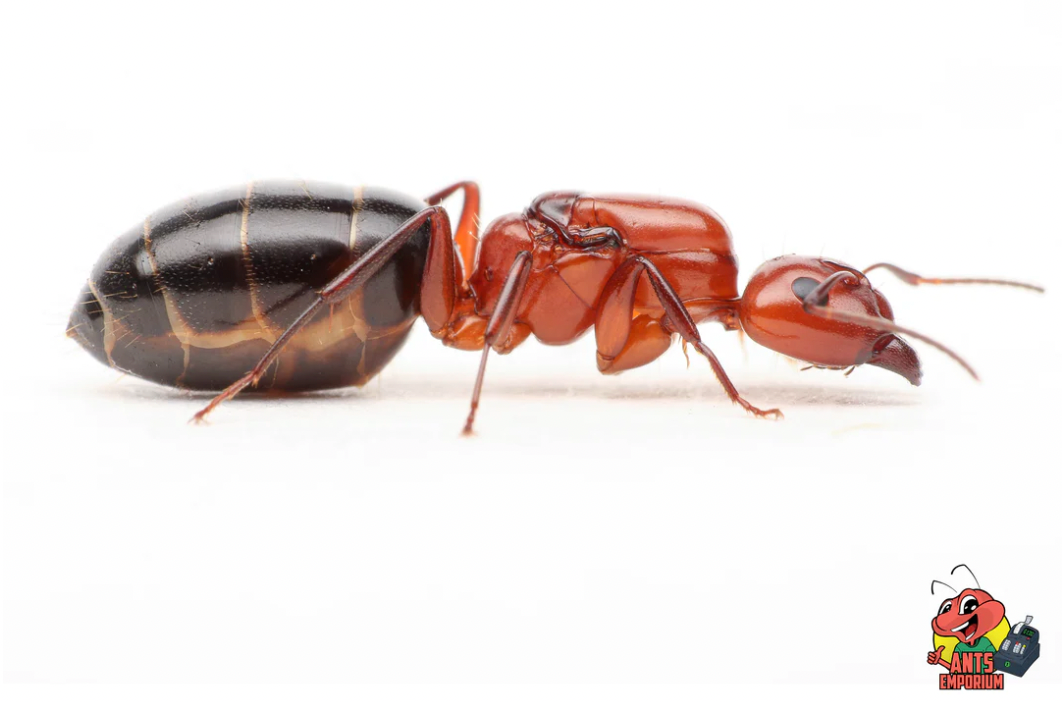
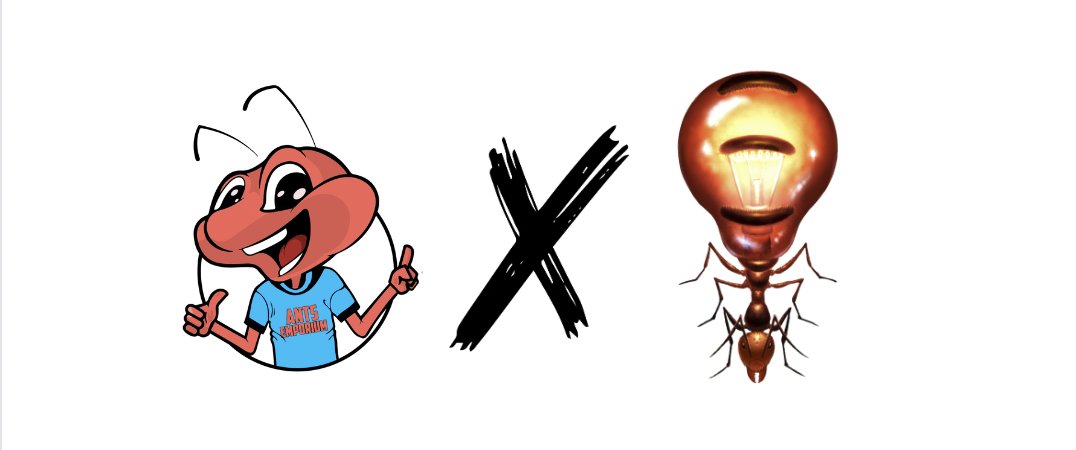
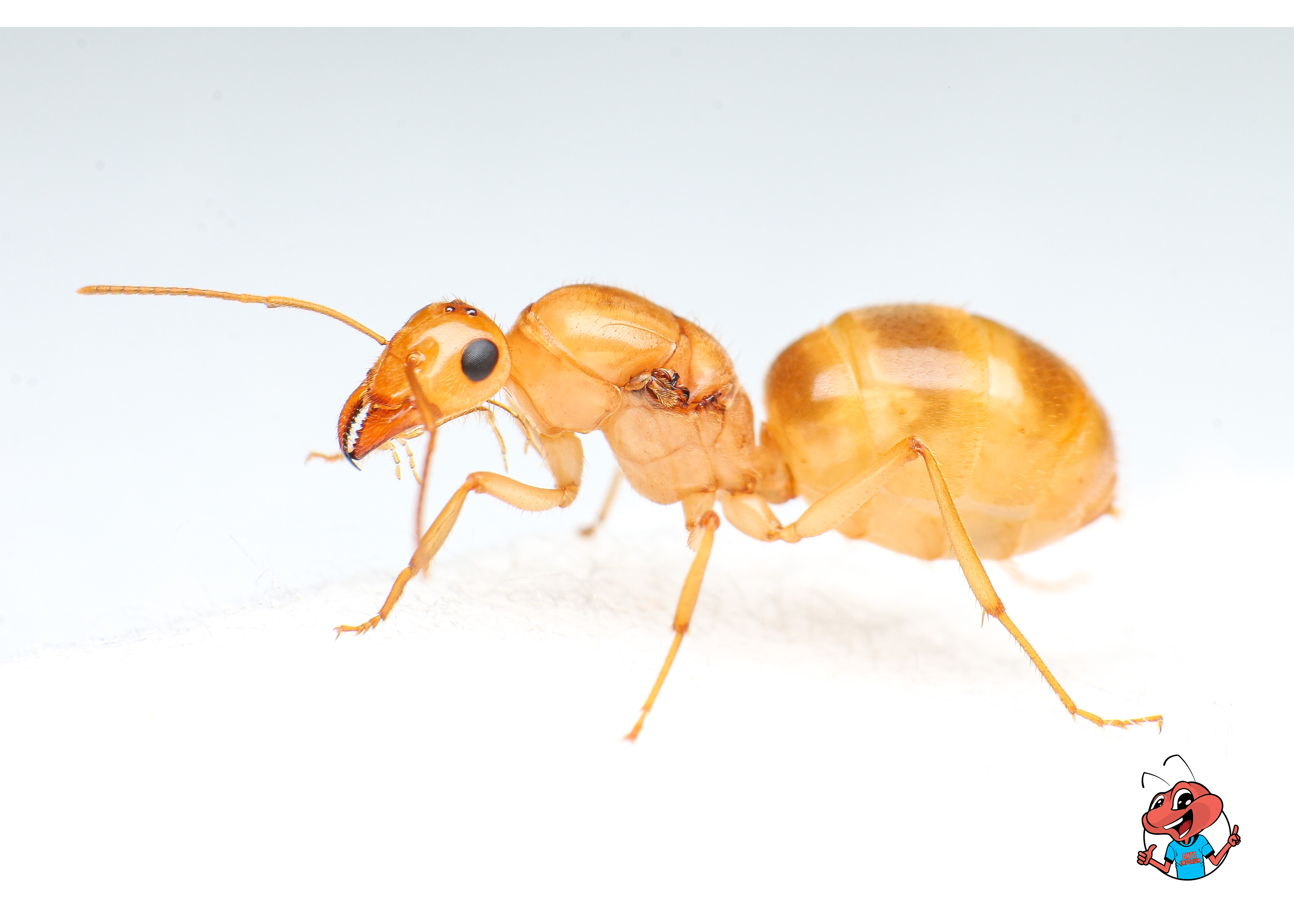
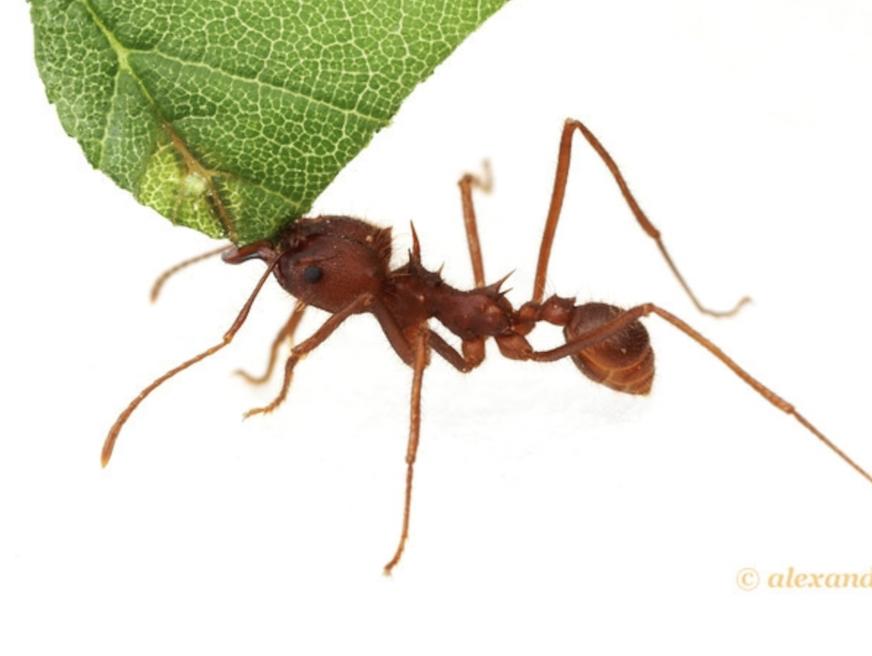
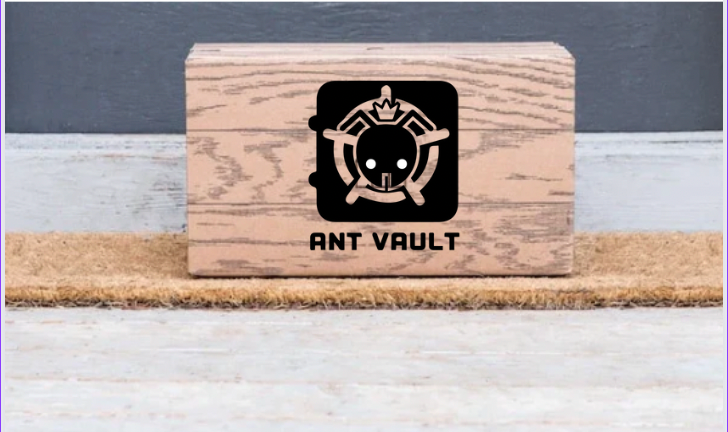


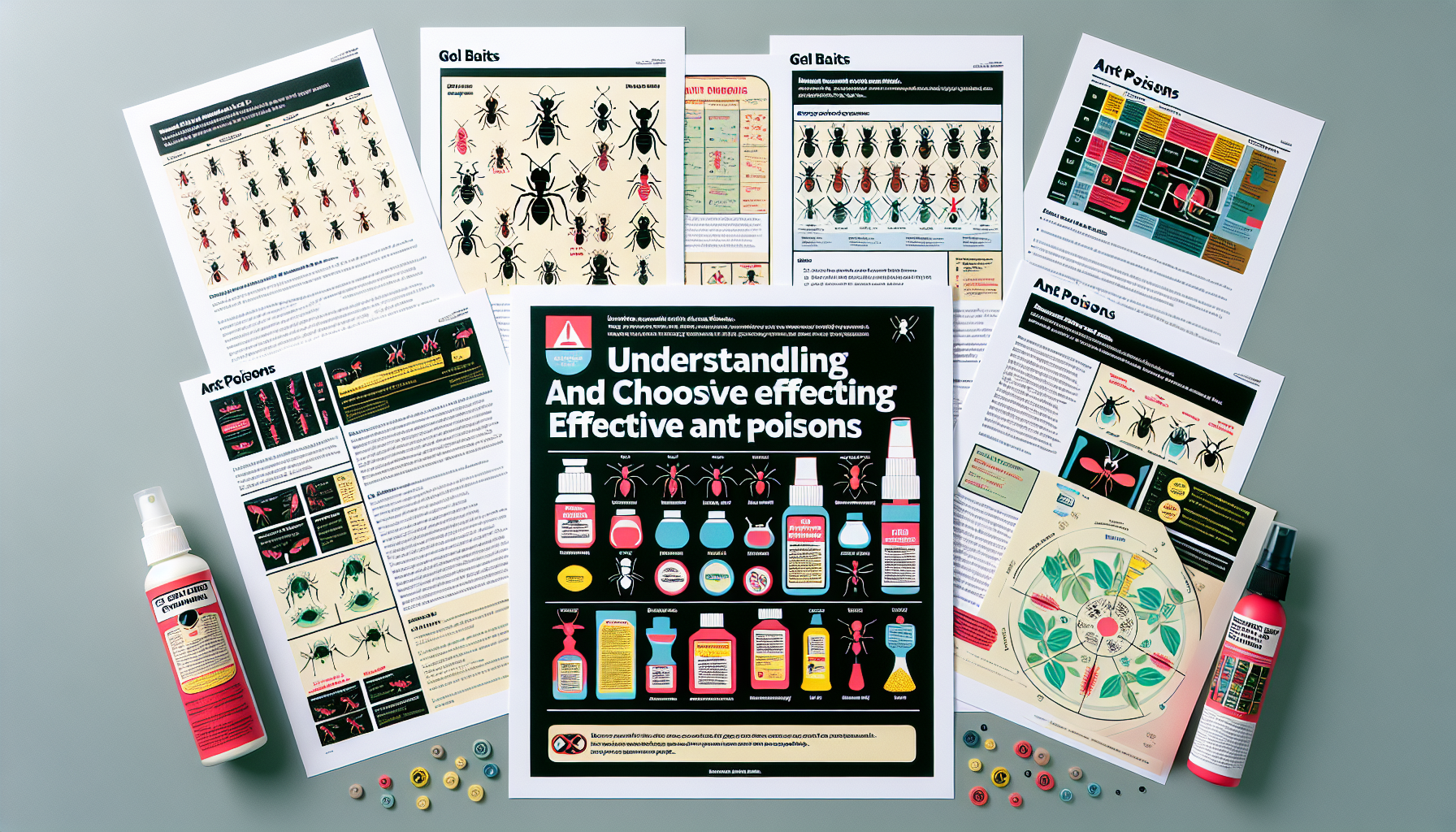
Leave a comment